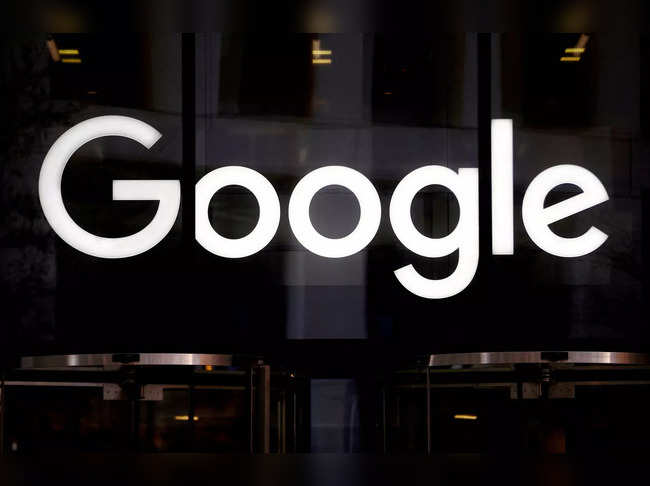 Reuters
ReutersPlaintiffs sued Google in 2020, claiming that Google continued to collect data from users despite their use of private-browsing in Chrome's "Incognito" mode. The lawsuit seeks at least $5 billion in damages.
The plaintiffs had sought an appeals court hearing on the issue mid-case and can still seek to revive their money damages claims when there is a final judgment. A jury trial is set for November.
Class-action status would mean the plaintiffs could pursue large-scale claims against Google as a group, as opposed to filing individual claims for monetary damages. The damages class would include at least "tens of millions" of Google browser users, court filings indicate.
The plaintiffs, whose lawyers include veteran litigator David Boies of Boies Schiller Flexner, had argued in the 9th Circuit that the lower court ruling in December denying class certification on damages "sounds the 'death knell' for many users' damages claims who lack the means to individually litigate this case."
Discover the stories of your interest

Google's attorneys at Quinn Emanuel Urquhart & Sullivan had asked the 9th Circuit not to allow the immediate appeal and instead wait to hear from the parties after a final order.
Google has denied that it deceived anyone over private-browsing, saying its Chrome browser users consented to the company's data collection.
A spokesperson for Google declined to comment on Wednesday's decision.
Although the decision means the plaintiffs cannot seek money damages as a class, the lower court had certified two other classes that can seek other relief from Google, including curbing certain data collection practices.
Boies and another plaintiffs' lawyer did not immediately respond to a message on Thursday seeking comment.
The case is Brown et al v. Google LLC, 9th U.S. Circuit Court of Appeals, No. 22-80147.
For plaintiffs: David Boies and Mark Mao of Boies Schiller Flexner; Bill Carmody of Susman Godfrey; and John Yanchunis of Morgan & Morgan
For defendant: Andrew Schapiro, Diane Doolittle and Stephen Broome of Quinn Emanuel Urquhart & Sullivan
















 Get Unlimited Access to The Economic Times
Get Unlimited Access to The Economic Times
